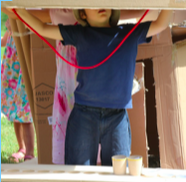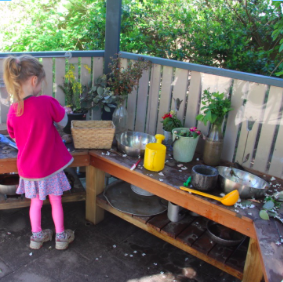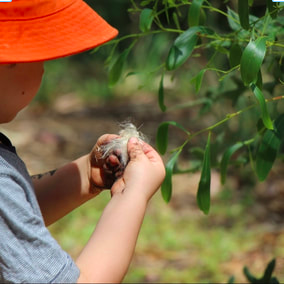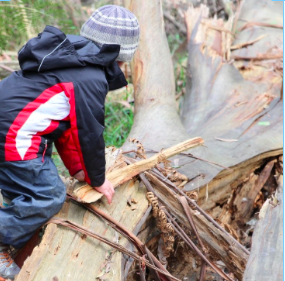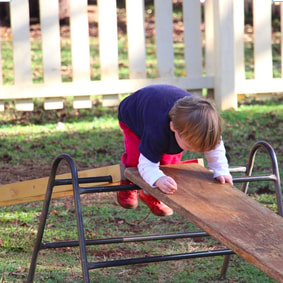Natural Learning
UN Convention on the Rights of the Child Article 31
“That every child has the right to rest and leisure, to engage in play and recreational activities appropriate to the age of the child and to participate freely in cultural life and the arts.
That member governments shall respect and promote the right of the child to participate fully in cultural and artistic life and shall encourage the provision of appropriate and equal opportunities for cultural, artistic, recreational and leisure activity.”
|
Recommended Reading
|
Play IS the Child!
|
|
Recommended Reading
|
Bringing Adventure Back into Play
|
|
Recommended Reading
|
Play Spaces FOR Children
|
|
Recommended Reading
|
At Risk!!!
|
|
Recommended Reading
|
I DID IT!!!!!
|
